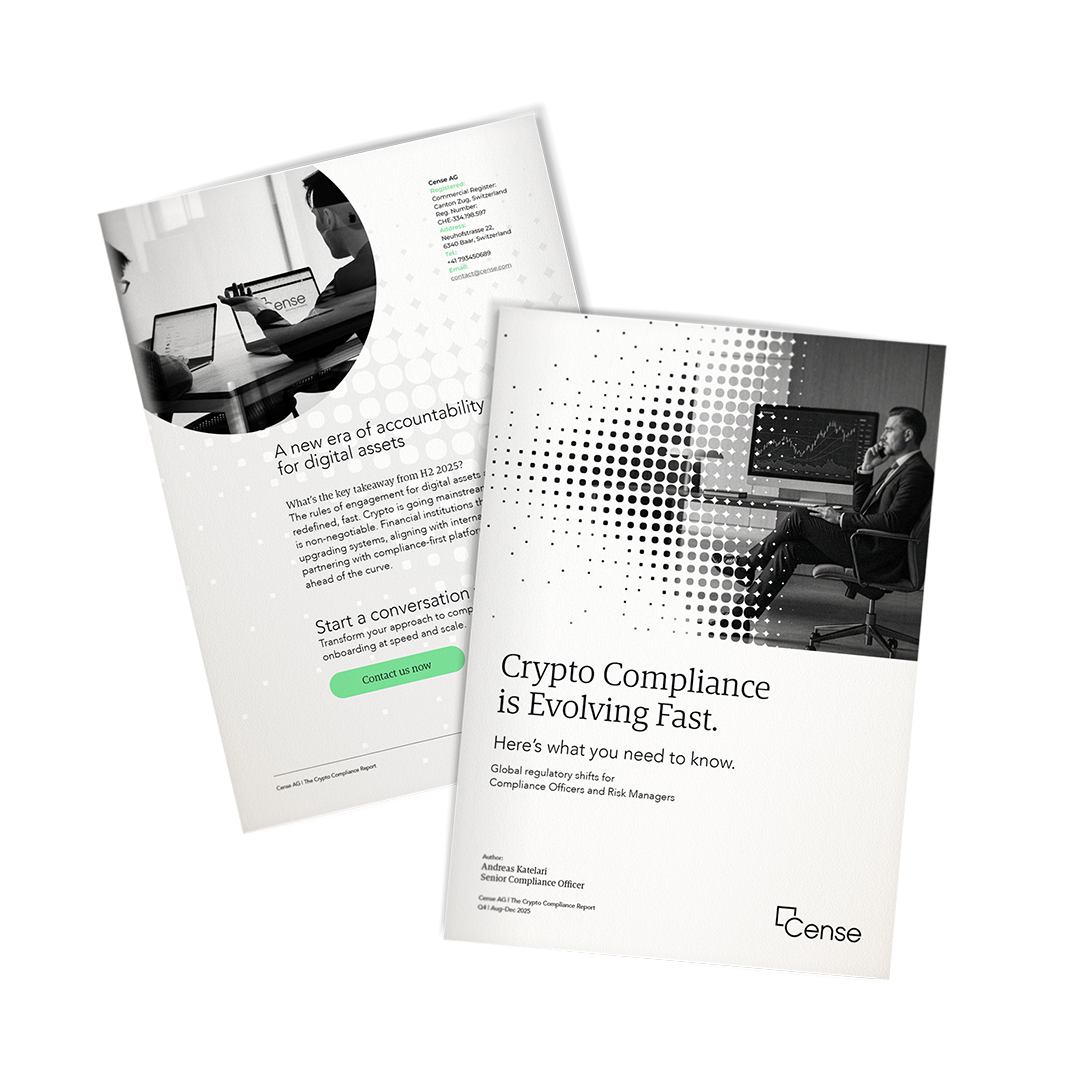Federal Reserve Enforcement Action: A Wake-Up Call for Financial Institutions in the Digital Asset Space

The recent enforcement action by the Federal Reserve against Customers Bank serves as a critical reminder for financial institutions operating in the digital asset space. Notably, the action highlighted that even without direct exposure to cryptocurrency—such as accepting crypto deposits or withdrawals—there is still a pressing need to implement robust processes and procedures to monitor and assess the AML/CTF risk associated with impacted clients.
This lesson became evident as the institution in question did not directly handle crypto assets but provided banking services to businesses and users within the cryptocurrency ecosystem. The regulatory scrutiny it faced underscores the importance of comprehensive compliance frameworks for all institutions involved in this sector.
What Went Wrong?
The enforcement action revealed several significant shortcomings in the institution’s AML/CTF framework:
- Inadequate Customer Due Diligence (CDD): The institution’s processes for verifying customer identities, understanding the source of funds, and monitoring business activities were found to be insufficient, particularly for high-risk customers involved in the digital asset sector. This left the institution vulnerable to potential financial crimes and regulatory sanctions.
- Deficient Suspicious Activity Monitoring: The institution needed robust systems for detecting and reporting suspicious transactions. The monitoring rules and thresholds were not adequately reviewed or updated, making it difficult to keep pace with the rapidly changing risks associated with digital assets.
- Resource Allocation and Expertise: The review highlighted a lack of sufficient resources and expertise dedicated to AML/CTF compliance, particularly in relation to digital asset strategy. This shortfall limited the institution’s ability to manage and mitigate associated risks effectively.
How CENSE Can Help
In response to these challenges, financial institutions must enhance their AML/CTF frameworks to meet regulatory expectations and protect against financial crime. CENSE offers a powerful solution tailored to the needs of institutions engaged in digital asset services:
- Enhanced Customer Due Diligence: CENSE enables seamless connectivity between centralized and decentralized wallets, providing institutions with a comprehensive view of customer interactions on the blockchain. This allows for a thorough assessment of customers’ source of funds (SoF) and source of wealth (SoW), ensuring a deep understanding of financial profiles.
- Advanced Risk Assessment: CENSE collaborates with blockchain-based transaction monitoring tools to offer detailed counterparty analysis and identify high-risk transactions. This capability supports accurate risk ratings for customers and helps determine the necessary level of due diligence.
- Efficient Monitoring and Reporting: Leveraging blockchain data, CENSE automates transaction monitoring and flags suspicious activities that may require the filing of Suspicious Activity Reports (SARs). The platform ensures well-documented processes, supporting regulatory compliance without demanding excessive resources.
- Scalable Compliance Solutions: CENSE’s tools are scalable, allowing institutions to efficiently manage AML/CTF compliance as their digital asset operations grow. This scalability ensures institutions can continue innovating while maintaining strong compliance practices.
The recent Federal Reserve enforcement action serves as a stark reminder that all financial institutions involved in the digital asset space, regardless of their exposure to cryptocurrencies, must prioritize robust AML/CTF compliance. As the regulatory landscape continues to evolve, the need for thorough customer due diligence, effective suspicious activity monitoring, and adequate resource allocation is more critical than ever. By leveraging comprehensive solutions like CENSE, institutions can not only meet regulatory expectations but also protect themselves from financial crime risks, ensuring sustainable growth in this dynamic sector.



